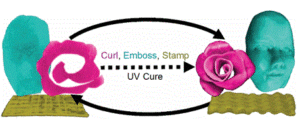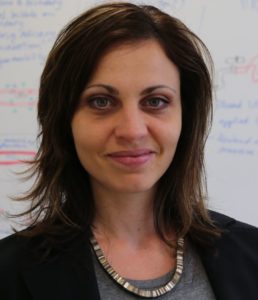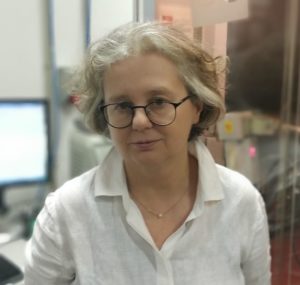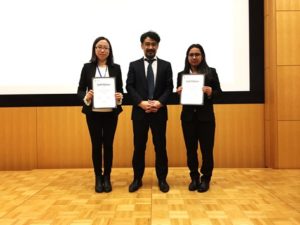Guest Editors Drs Tanmay Lele (Texas A&M University, USA) and Anna Taubenberger (TU Dresden, Germany) would like to extend an invitation to all researchers working on the forefront of soft matter and cancer research, to contribute an article of their work to an exciting upcoming special collection of Soft Matter, dedicated to the soft matter aspects of cancer.
Submissions are open from now until 15 November 2021.
This collection will include, but is not limited to, cancer cell mechanics, mechanobiology, tissue mechanics and bioengineered models of cancer. We are happy to consider emerging technologies in the field, and both experimental and theoretical studies are welcomed.
If you wish to submit to the collection, please contact softmatter-rsc@rsc.org to receive a personal submission link.
Please note all manuscripts must be within scope for the journal and will be subject to the journal’s standard rigorous peer review procedures, managed by the journal editors.
Accepted manuscripts will be added to the online collection as soon as they are online and they will be published in a regular issue of Soft Matter.
If you have any questions, please contact us at softmatter-rsc@rsc.org















